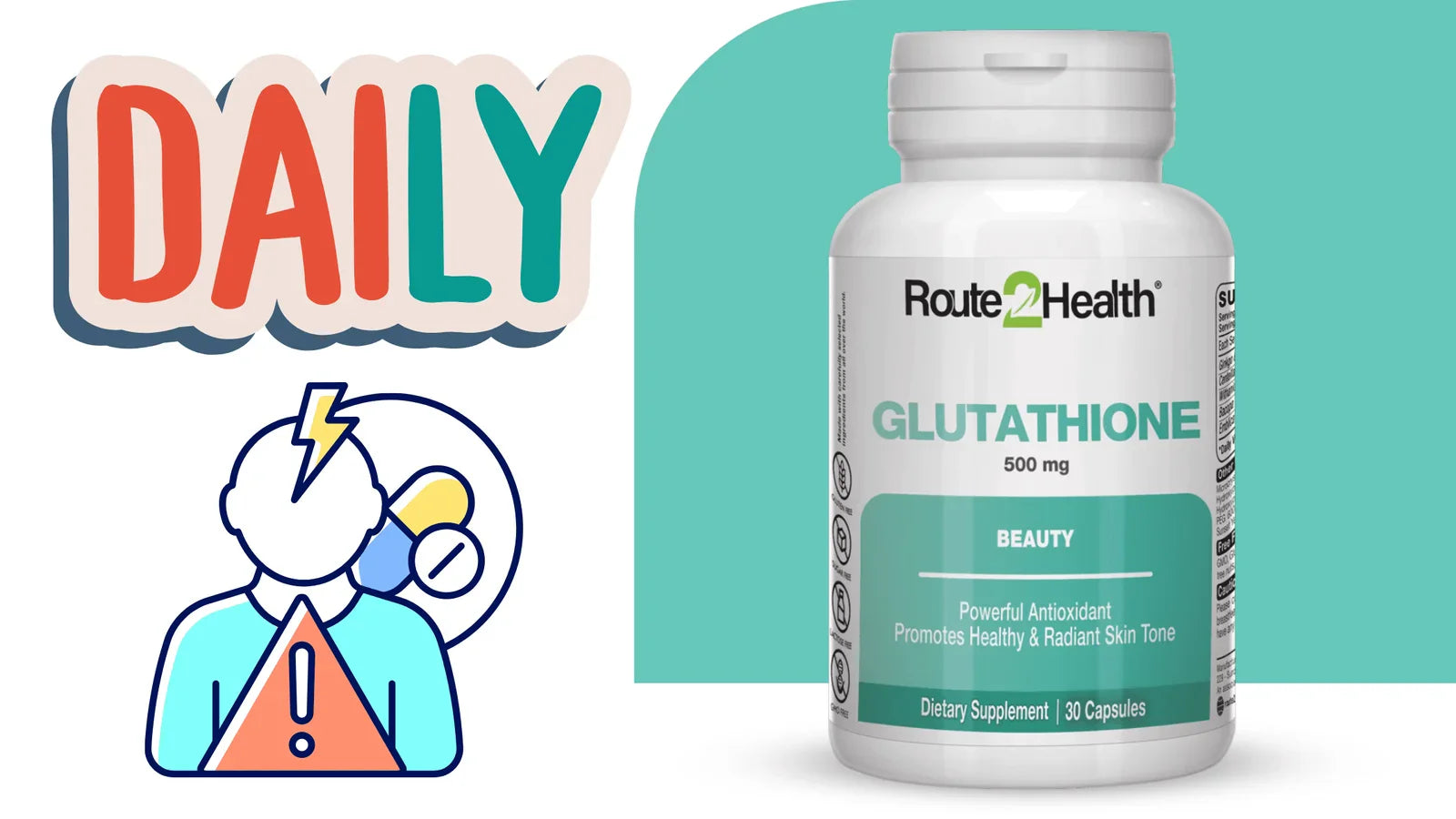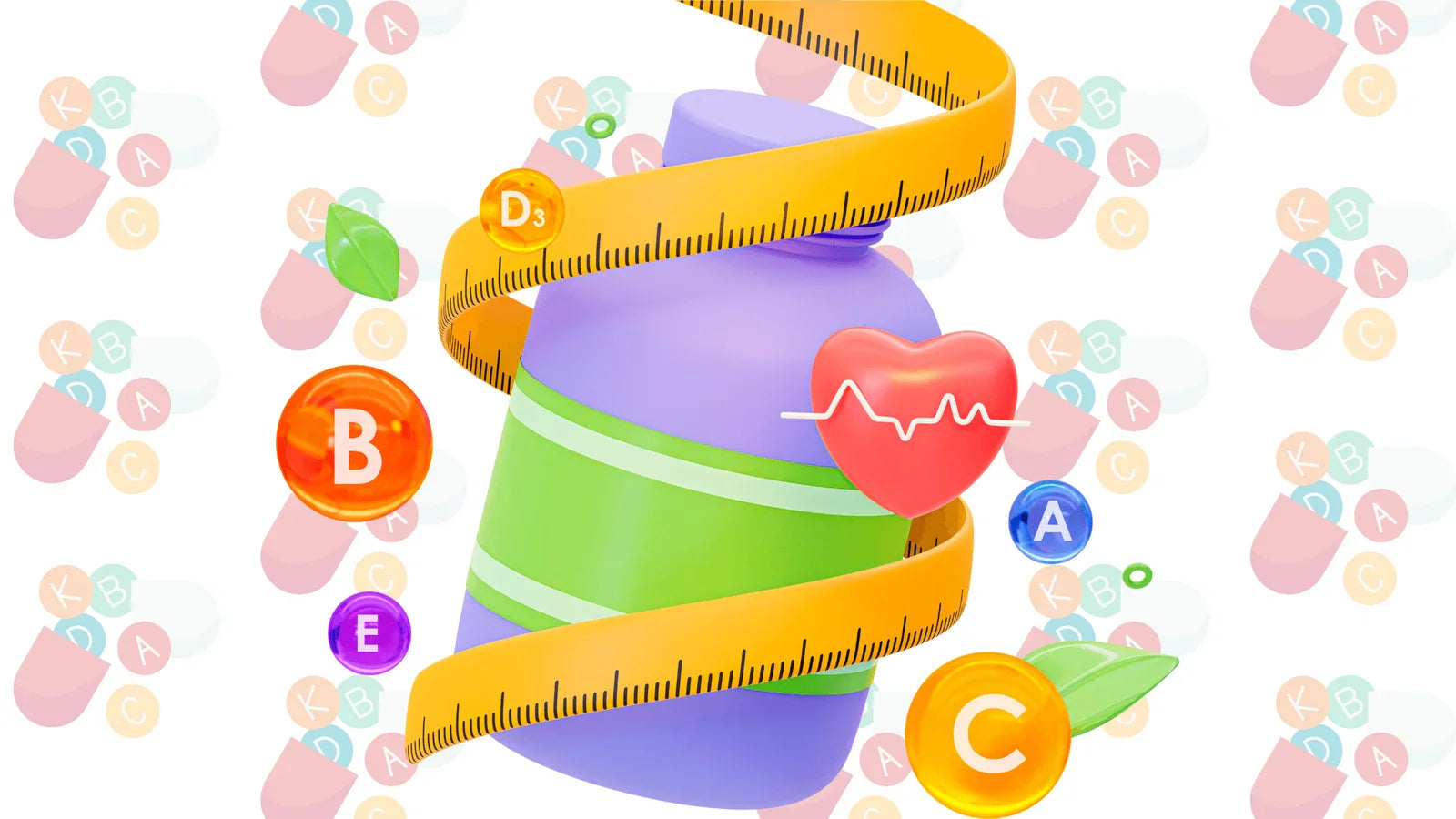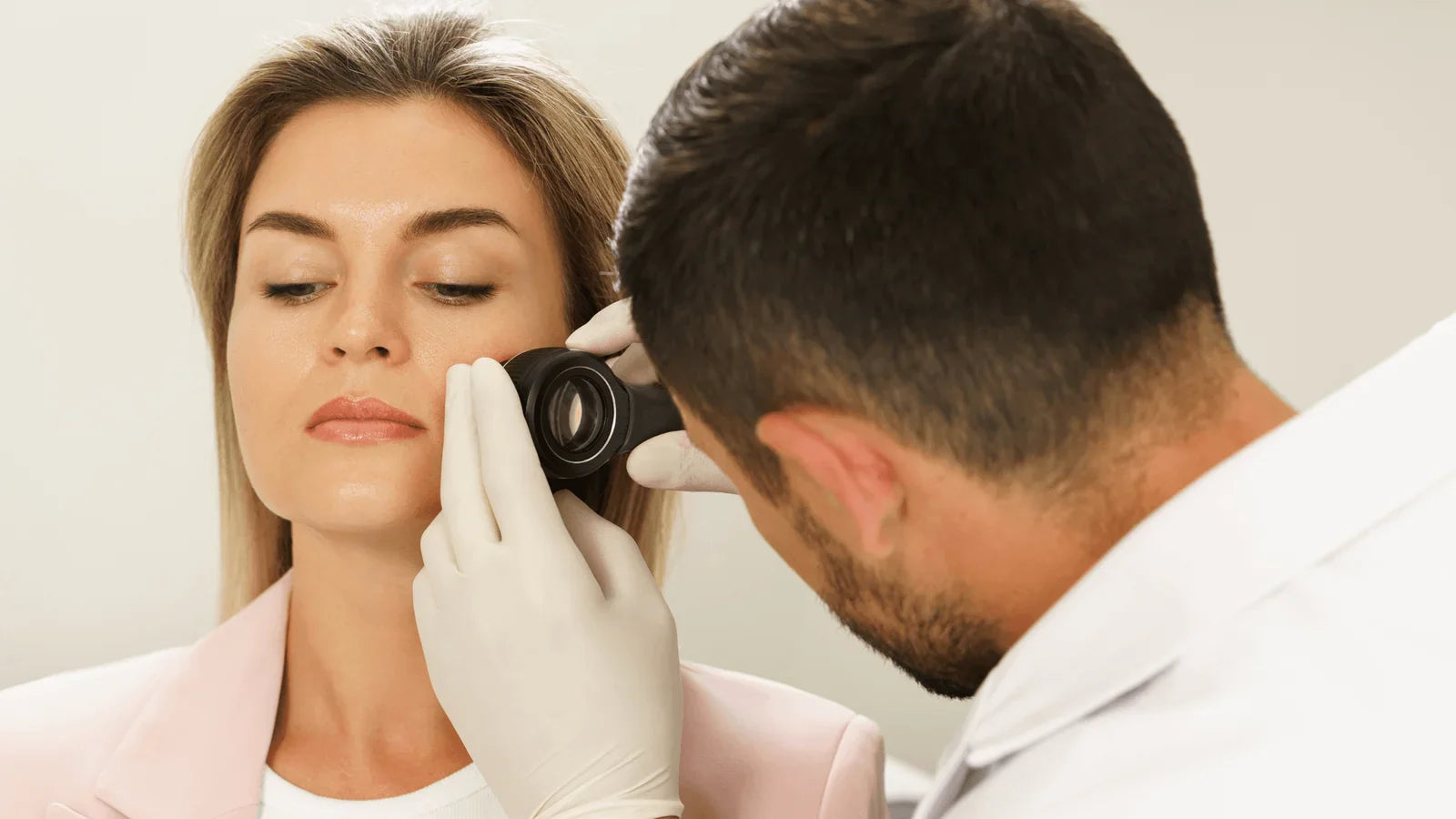
Is It Okay to Take Glutathione Every Day? Some Important Considerations
Have you ever wondered, “Is it okay to take glutathione every day?” With all the buzz surrounding this antioxidant, it’s a question that many health enthusiasts and beauty-conscious individuals are asking. Glutathione, often hailed as the “master antioxidant,” has gained popularity for its potential benefits, from skin lightening to immune support. But is it truly safe for daily consumption? Let's dive into the details.
Why Is It So Hyped?
Glutathione is a powerful antioxidant naturally produced by the body, primarily in the liver. Composed of three amino acids—glutamine, glycine, and cysteine—glutathione plays a critical role in various bodily functions. It is particularly known for its ability to neutralise free radicals, detoxify the body, and boost the immune system.
The hype around glutathione stems from its wide array of potential health benefits. It's often touted for:
- Skin Lightening and Anti-Ageing: Glutathione is frequently used in skincare for its skin-whitening effects, which are believed to work by inhibiting melanin production.
- Detoxification: It helps in the detoxification process by binding to toxins and heavy metals, making them easier to eliminate from the body.
- Immune Support: Glutathione enhances the function of immune cells, helping the body fight off infections more effectively.
- Improving Energy Levels: By combating oxidative stress, glutathione is thought to improve overall energy levels and reduce fatigue.
With these potential benefits, it's no surprise that people are increasingly interested in taking glutathione supplements. But the question remains: Is it okay to take glutathione every day?
Is It Okay to Take Glutathione Every Day?
The Safety of Daily Glutathione Supplementation
The answer is, generally, yes—glutathione can be taken daily, but with certain considerations. According to research, glutathione supplements are considered safe for daily use, especially when taken at recommended dosages. However, like any supplement, the safety and efficacy of daily glutathione intake can depend on several factors, including the individual's health status, the form of glutathione being taken, and the dosage.
- Dosage Considerations: The typical dosage for oral glutathione supplements ranges from 250 mg to 500 mg per day. It’s advisable to start with a lower dose and gradually increase if needed, always under the guidance of a healthcare professional.
- Forms of Glutathione: Glutathione supplements are available in various forms, including oral pills, sublingual tablets, and even intravenous injections. While oral supplementation is the most convenient, it’s also less effective due to glutathione’s poor absorption in the digestive tract. Liposomal glutathione is a more bioavailable option that allows for better absorption.
Important Considerations for Daily Use
Before incorporating glutathione into your daily routine, it's essential to consider the following:
- Consultation with a Healthcare Provider: It's always recommended to consult with a healthcare provider before starting any new supplement, especially if you have underlying health conditions or are taking other medications. This ensures that glutathione is appropriate for your specific needs.
- Potential for Reduced Natural Production: Some studies suggest that long-term supplementation could potentially reduce the body’s natural production of glutathione. This is something to consider if you're planning to use glutathione daily for an extended period.
- Bioavailability Issues: As mentioned earlier, oral glutathione supplements may not be highly bioavailable. To maximise benefits, consider forms that offer better absorption, such as liposomal or sublingual glutathione.
Possible Drug Interactions of Glutathione
Glutathione is generally well-tolerated, but it can interact with certain medications. For instance:
- Chemotherapy Drugs: Glutathione might reduce the effectiveness of some chemotherapy drugs by protecting cells from oxidative damage, which is a key mechanism through which these drugs work.
- Insulin: Glutathione could potentially interact with insulin, leading to fluctuations in blood sugar levels.
If you are on any medication, it’s crucial to discuss the use of glutathione supplements with your healthcare provider to avoid any adverse interactions.
Side Effects of Glutathione
While glutathione is considered safe for most people, some may experience side effects, particularly at higher doses. Common side effects include:
- Gastrointestinal Issues: Nausea, bloating, and cramps are among the most commonly reported side effects when taking glutathione orally.
- Allergic Reactions: Although rare, some individuals may experience allergic reactions such as rash or itching.
- Respiratory Issues: In rare cases, particularly with intravenous administration, glutathione has been associated with respiratory complications such as bronchospasm.
These side effects are generally mild and can often be mitigated by adjusting the dosage or switching to a different form of glutathione.
Does Glutathione Cause Cancer?
The Bottom Line: Is It Okay to Take Glutathione Every Day?
So, is it okay to take glutathione every day? For most people, the answer is yes, as long as it’s taken at recommended dosages and under the guidance of a healthcare professional. Glutathione offers a range of potential health benefits, from supporting your immune system to improving skin health. However, it's important to be aware of potential interactions and side effects and to choose a form of glutathione that offers good bioavailability.
If you’re considering adding glutathione to your daily routine, we recommend Glutathione 500 mg by Route2Health. This high-quality supplement is designed to support your overall wellness with the right dosage for daily use.
FAQs
1. Is it okay to take glutathione every day for skin whitening?
Yes, many people take glutathione daily for skin whitening, as it is believed to inhibit melanin production. However, results can vary, and it's important to consult with a healthcare provider before starting.
2. What is the best time to take glutathione?
The best time to take glutathione is typically in the morning on an empty stomach. This may help with better absorption, but always follow the specific instructions on your supplement.
3. How long does it take to see results from glutathione? 
Results can vary, but some people may start noticing effects such as improved skin tone or energy levels within a few weeks to a few months of daily use.
4. Are there any side effects of taking glutathione every day?
Glutathione is generally safe for daily use, but some may experience mild side effects like nausea or stomach cramps. It’s advisable to start with a lower dose and consult a healthcare provider.
5. Can I take glutathione with other supplements?
Yes, glutathione can usually be taken with other supplements. However, it’s important to check for any potential interactions and consult with a healthcare provider, especially if you’re taking other medications.






















































